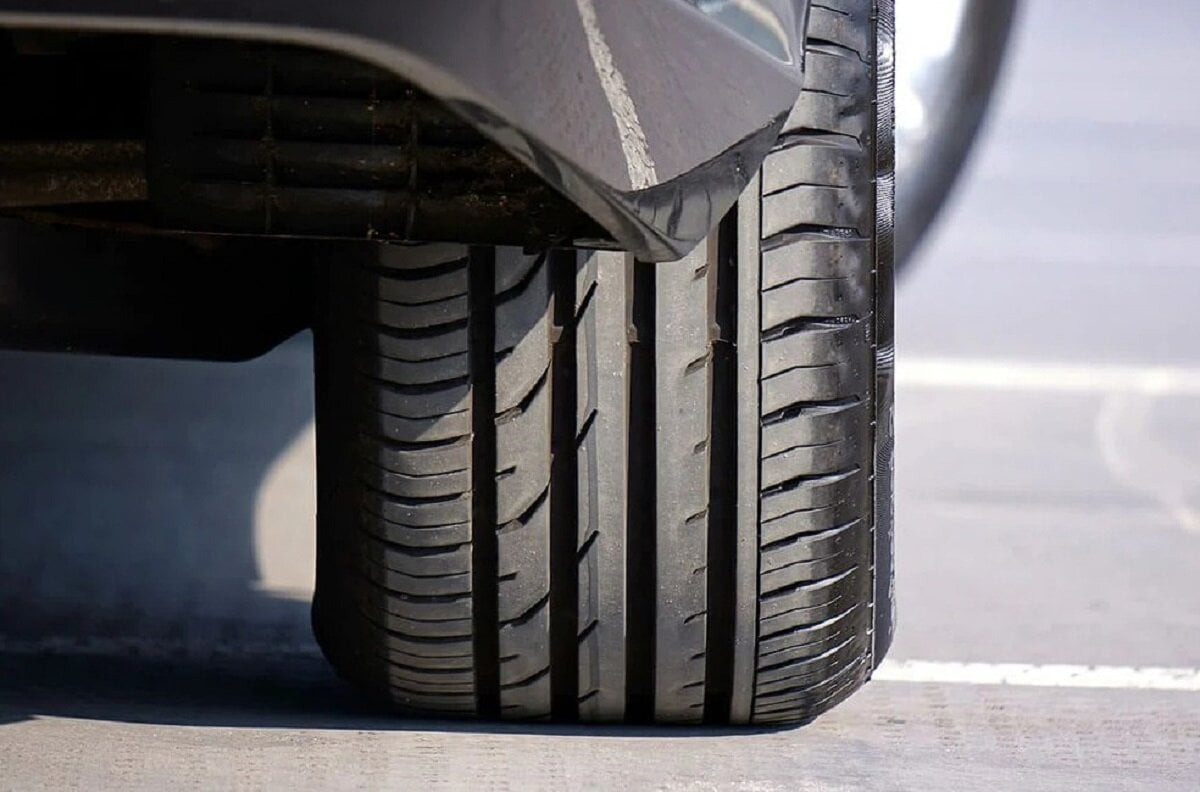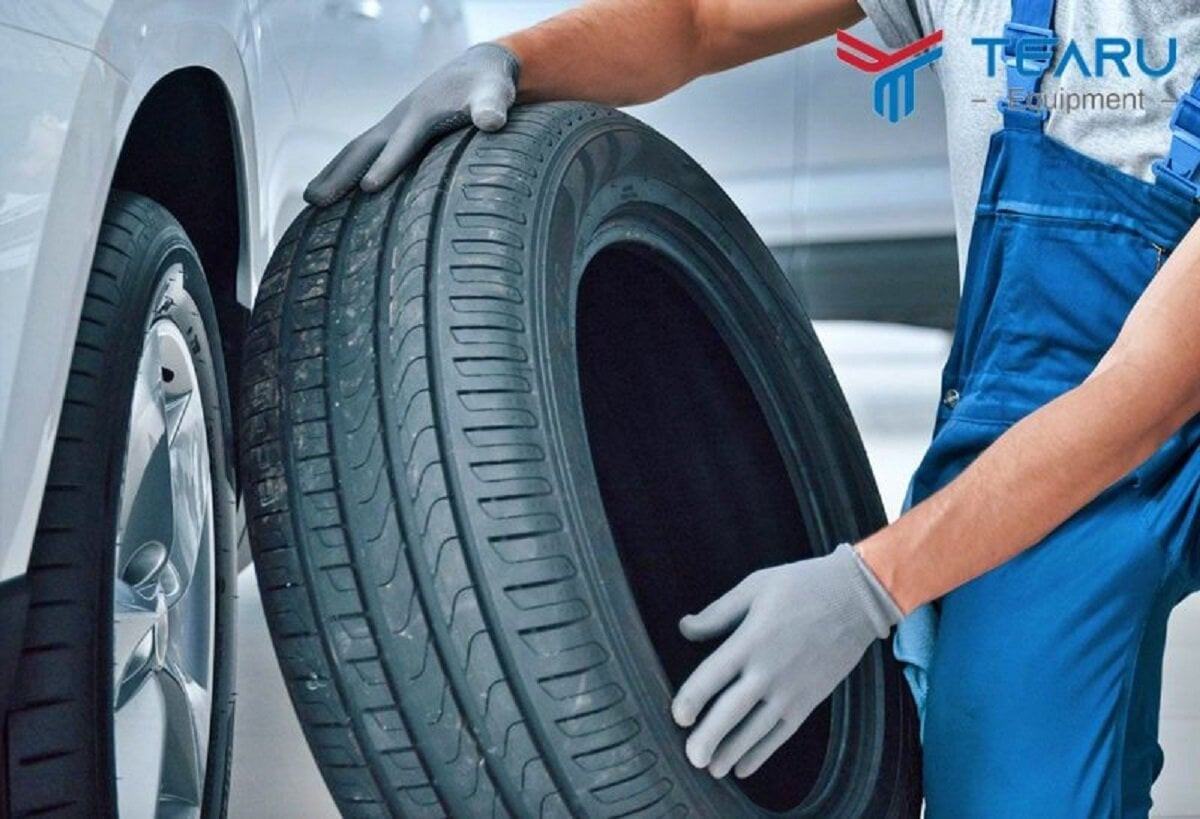During traffic, there are many factors that affect fuel consumption, one of which is tires.
A report by the American Energy Association says that tires are responsible for nearly one-third of a vehicle's fuel consumption. In fact, 20-30% of fuel consumption and 24% of CO2 emissions from road vehicles are related to tires.
Tires affect fuel efficiency through the impact of rolling resistance. However, the relationship between rolling resistance, traction, and fuel economy is contradictory.

Tires are the factor that consumes nearly 1/3 of a vehicle's fuel.
Rolling resistance
Rolling resistance is the energy required by a vehicle to keep its wheels moving at a certain speed on a surface. In other words, it is the force required to keep the wheels rolling. The main factor that causes rolling resistance is the hysteresis of the materials used to make the tires. The vehicle engine has to overcome this rolling resistance when moving, resulting in fuel consumption.
The manufacturer has adjusted the composition ratio of the mixture of these components and created a tire with lower rolling resistance parameters without losing other characteristics. Thereby helping to reduce the impact on the vehicle's fuel consumption.

The higher the rolling resistance, the greater the fuel consumption.
Tire pressure
Tire pressure indirectly affects the fuel consumption of the vehicle. Tires with lower internal air pressure than the specified level will deform. The more the tire deforms, the more energy is lost during the initial recovery process. This increases the rolling resistance of the tire and affects the fuel consumption of the vehicle.
Therefore, car owners must keep tires at moderate pressure to limit the impact of tire pressure.
Tire size
Normally, large tire sizes will have quite heavy mass leading to high rolling resistance, increasing the fuel consumption of the vehicle while participating in traffic. Meanwhile, using small tires will help the vehicle consume less fuel.
For vehicles that frequently travel on highways, using large tires will be safer and reduce energy consumption than using small tires.
Therefore, car owners need to consider choosing the type of tire that suits their travel needs.
Wheel angle
Improper wheel alignment will cause the vehicle to veer off-center.
In trucks or large vehicles, a 1 degree misalignment of the wheel will cause the vehicle to deviate a few meters horizontally when traveling 1km straight. The driver will always have to hold the steering wheel to keep the vehicle running straight, the tire will appear to slip, causing tire wear and consuming more fuel.
Under normal driving conditions and with properly functioning systems, worn tires will have a more positive impact on fuel efficiency as the amount of rubber molded into the tire has decreased. This reduces the rolling resistance and the energy required to deform the tire compared to the original.
Therefore, tires greatly affect fuel consumption and to reduce fuel consumption through the effects of tires, you need to choose to use tires with low rolling resistance coefficient, regularly check tire pressure, perform wheel alignment when maintaining and repairing, and limit the vehicle's weight.
According to VTC News